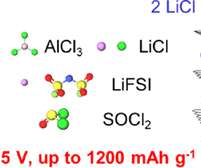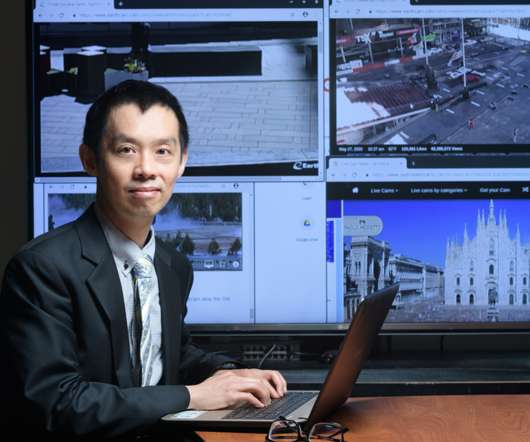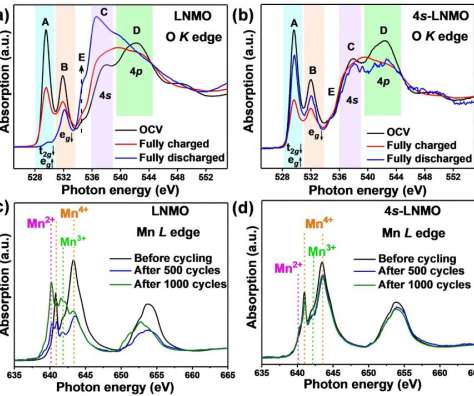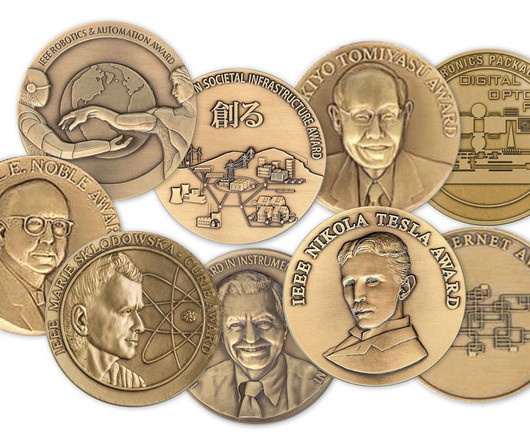Taiwan team engineers E. coli to produce n-butanol from glycerol
Green Car Congress
JULY 5, 2017
Researchers at Feng Chia University in Taiwan have engineered the bacterium Escherichia coli to produce n-butanol from crude glycerol—a byproduct of the production of biodiesel. In an open-access paper in the journal Biotechnology for Biofuels , they report that under microaerobic conditions, the engineered strain produced 6.9






























Let's personalize your content